Student Formal Comprehensive Guide
Formals can be a stressful time for those a part of student committees and looking to plan their first event ever. Luckily, TryBooking has worked with other students to help create a guide that supports your formal planning activities from start to end. You can also check out our school formal page to download this guide and other great resources like budget templates, venue directory and more.
Table of Contents
- 1. What Do To Before You Start Section:
- 2. Establishing A Committee
- 3. Determine The Date
- 4. Create A Budget
- 5. Choose A Venue
- 6. Organising Your Formal Section:
- 7. Theme & Decorations
- 8. Catering
- 9. Entertainment
- 10. Photography & Videography
- 11. Ticketing & Guestlist
- 12. Promote The Event
- 13. Formal Attire
- 14. Transport
- 15. Pre-Formal Preparations
- 16. Run A Rehearsal
- 17. Day Of The Formal Section:
- 18. Event Night Logistics
- 19. Security & Safety
- 20. Post-Formal Section:
- 21. After Event Clean Up
- 22. Thank You Notice
What Do To Before You Start:
Establishing a Committee:
Identify a Trustworthy Adult: Seek out a dependable adult figure such as a parent, teacher, principal, or coach. This individual will be crucial for endorsing official documents, including contracts, terms and conditions, and venue forms. Ideally, this person should be the main point of contact with the school administration.
Assemble a Dynamic Team: Create a small group of proactive and capable individuals to form your committee. Opt for an odd number, like 3, 5, or 7, to ensure smooth decision-making without the possibility of tie votes. Having an odd number guarantees swift resolutions without wasting precious time. Ensure your designated trusted adult is an active committee member or is available for guidance during meetings.
Appoint a Committee Leader: Choose a committee leader who will oversee documentation, task delegation, and coordination. The trusted adult you've selected often fits well into this role due to their involvement in official matters.
School Involvement: Consider involving the school in your committee. Their insights can be valuable in minimising risks and providing resources such as newsletter promotion, access to printers, and supplier connections. Collaborating with the school can significantly enhance the quality of your formal event. However, be mindful that schools may be cautious about extending substantial support due to potential issues that can arise.
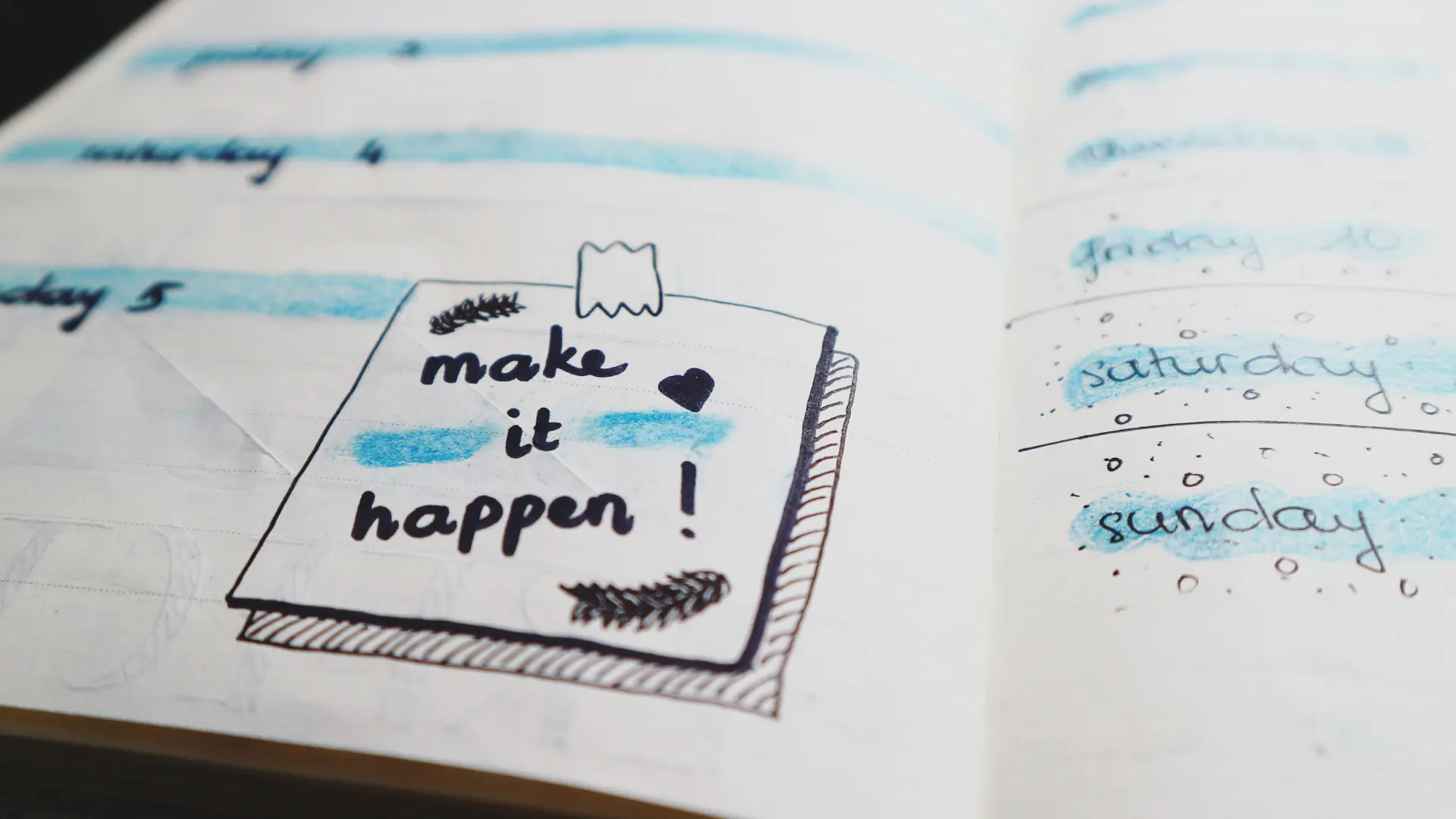
Determine the Date:
Choose a suitable date for the formal, ensuring it doesn't clash with any major school events or public holidays.
Consider the school calendar: Check the school calendar for any major events, exams, or holidays that could potentially clash with the desired date for the formal. Avoid scheduling the formal too close to exams or during busy periods to ensure maximum attendance.
Consult with key stakeholders: Discuss potential dates with school administrators, teachers, and student representatives to gather input and ensure the chosen date doesn't conflict with other important school activities or commitments.
Survey students: Conduct a survey among students to gather preferences regarding potential dates for the formal. Consider the majority preference while also taking into account any conflicts or constraints raised by the school administration.
Create a Budget
Establish a budget for the event, considering expenses such as venue, decorations, catering, entertainment, and photography.
Identify funding sources: Determine the available funding sources for the formal, such as ticket sales, sponsorships, fundraising activities, or contributions from the school or parent association. Calculate the total amount that can be allocated to the event.
List all potential expenses: Make a comprehensive list of potential expenses, including venue rental fees, decorations, catering, entertainment, photography/videography, transportation, and any additional services or items required for the formal.
Research costs: Research and gather cost estimates for each expense item. Reach out to vendors, service providers, and previous formal organisers to obtain accurate pricing information. Consider any discounts or special packages available.
Allocate funds: Allocate a portion of the total budget to each expense category based on priority and importance. Be mindful of not overspending in one area, which may lead to compromising other aspects of the event.
Check out our resources for ideas for fundraising for your formal & to download our budget template.
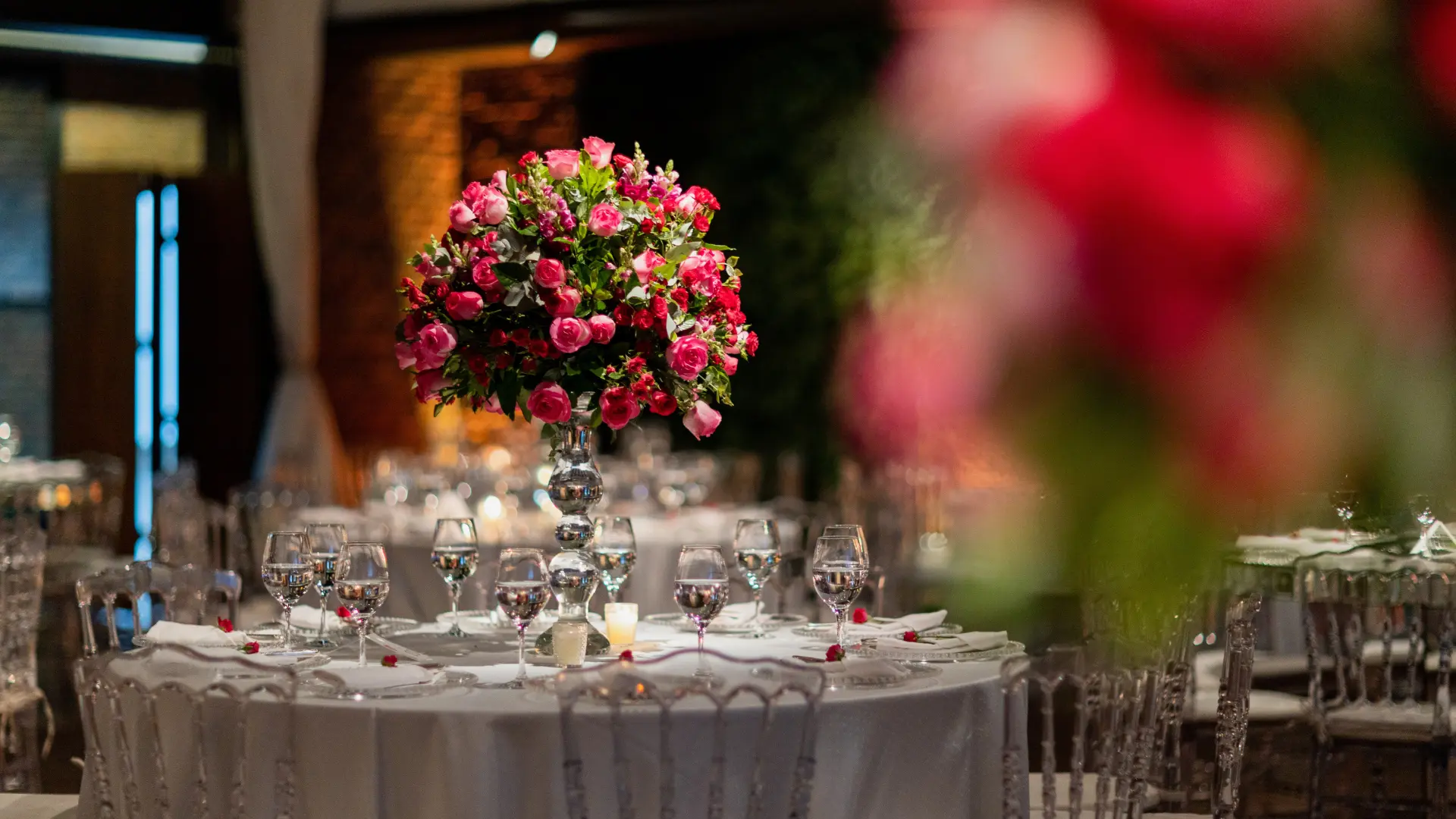
Choose a Venue
Select a venue that can accommodate the expected number of attendees, fits within the budget, and aligns with the desired atmosphere for the formal.
We recommend looking at local venues to help keeping your formal in budget, supporting your community and being able to count on local support in case of any issues or adjusting they’re cost to suit your needs.
Capacity and layout: Determine the expected number of attendees and choose a venue that can comfortably accommodate that capacity. Consider the venue's layout, dance floor space, seating arrangements, and any additional areas required for pre-dinner activities or photography.
Atmosphere and theme suitability: Ensure the chosen venue aligns with the desired atmosphere and theme for the formal. Consider factors such as the venue's ambiance, architecture, lighting options, and overall aesthetic appeal.
Budget considerations: Review the budget allocated for the venue and shortlist options that fall within the designated range. Consider any additional costs associated with the venue, such as staff, or technical equipment, to ensure the overall expenses remain within budget.
Amenities and facilities: Assess the amenities and facilities provided by each potential venue. Consider aspects such as parking availability, restrooms, accessibility, audio-visual equipment, and any additional services required (e.g., coat check, cloakrooms).
Site visits and negotiations: Arrange site visits to the shortlisted venues to assess them in person. Discuss terms, pricing, and any specific requirements with the venue management. Negotiate contracts or agreements to secure the chosen venue.
Confirm availability: Once a decision is made, confirm the availability of the chosen venue for the desired date. Sign any necessary contracts or agreements and make the required deposit or payment to secure the booking. Make sure you look at the venue early to ensure you find availability that works.
Organising Your Formal
Theme and Decorations:
Decide on a theme for the formal and plan the decorations accordingly. Consider props, lighting, table settings, and backdrops to create the desired ambiance.
Brainstorm various theme options: Consider input from the student body through surveys or voting. Make sure that the theme aligns with the desired atmosphere and school values.
Some Theme Ideas For Your Formal:
|
- Enchanted Garden |
- Black & White Gala |
|
- Hollywood Glamour |
- Alice in Wonderland |
|
- Masquerade Ball |
- Mardi Gras |
|
- Casino Royale |
- Secret Garden |
|
- Under the Sea |
- Parisian Chic |
|
- Great Gatsby Roaring 20's |
- 80s Retro |
|
- Winter Wonderland |
- Enchanted Forest |
|
- Tropical Paradise |
- Timeless Elegance |
|
- Around the World |
- Candyland |
|
- Fairytale Fantasy |
- James Bond 007 |
|
- Starry Night |
- Arabian Nights |
Choosing Your Decorations:
Research and gather inspiration from various sources: look through magazines, websites, or social media platforms, to visualise the desired decorations and overall look for your theme.
Determine the design: colour scheme, motifs, and key elements that will be incorporated into the decorations.
Explore options: look at different types of decorative elements to suit your theme like props, centrepieces, floral arrangements.
Consider lighting effects: lighting can enhance the ambiance of the venue so think about little things such as fairy lights, spotlights, or themed projections.
Pay attention to table settings: make sure everything is on theme especially tablecloths, napkins, place cards, and table centrepieces.
Coordinate with the venue staff & school: to ensure that your decoration isn’t breaking any restrictions or guidelines.
Create a detailed decorations plan: include diagrams or sketches, to guide the setup on the event day.
Delegate tasks: if you have a formal committee ensure you delegate tasks related to sourcing or creating decorations to committee members or volunteers, ensuring everything is prepared in advance.
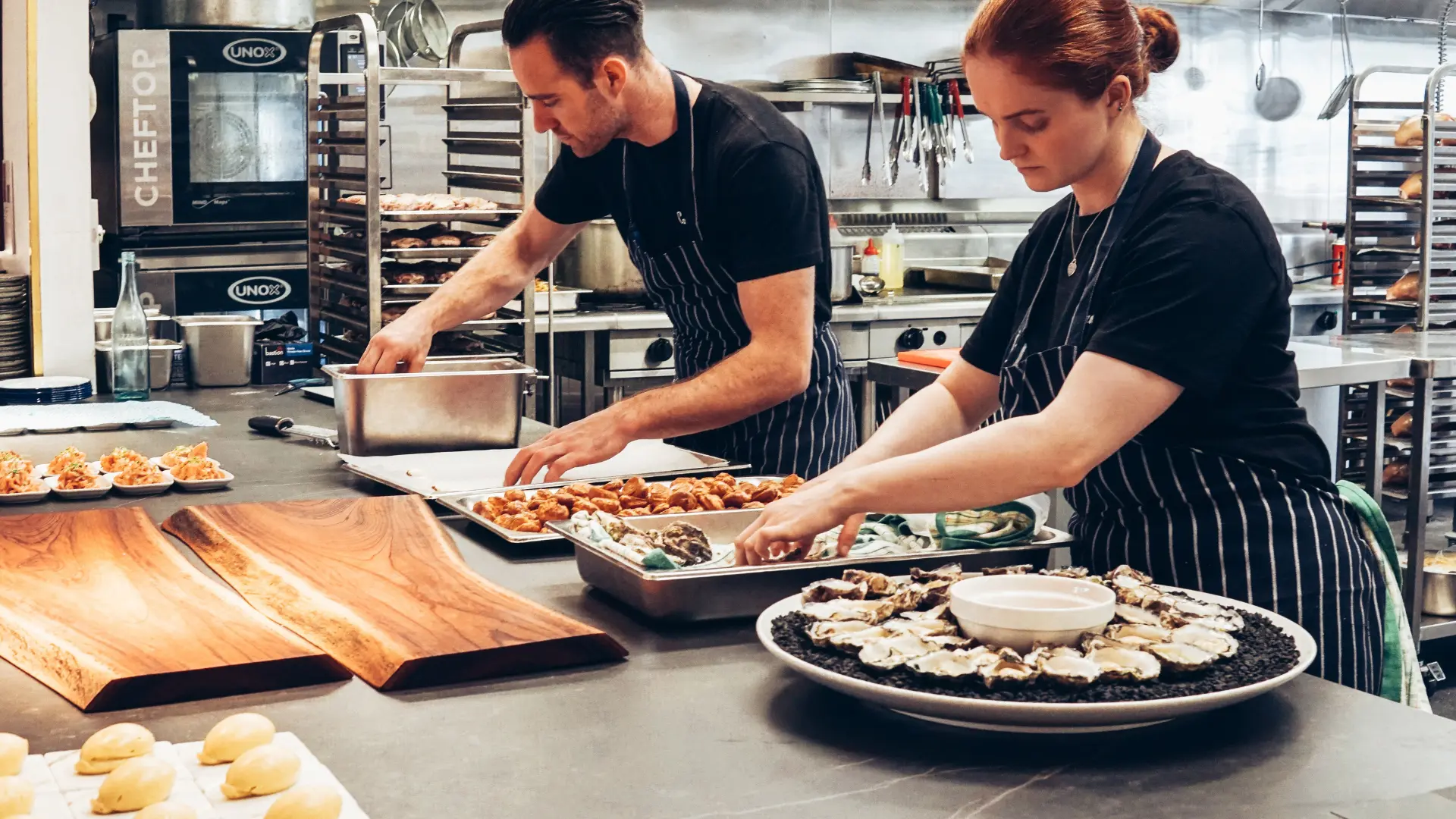
Catering:
Determine the type of catering desired, such as a sit-down dinner, buffet, or canapés. Arrange for a caterer or coordinate with the school's chosen provider.
Assess the budget: check how much you have allocated for catering and determine the type of dining experience desired for the formal.
Research and gather information: find catering options available, including menus, pricing, and services offered.
Consult with the school administration: to determine if there are any preferred or approved caterers to work with.
Consider dietary restrictions: make sure you gather information about preferences of the attendees, such as vegetarian, vegan, gluten-free, or halal options.
Try to sample caterers before selecting request sample menus from potential caterers and arrange taste tests, if possible, to ensure the quality and taste meet expectations.
Finalise the catering contract: make sure you clearly outlining the agreed-upon services, menu choices, serving style, staffing requirements, and payment terms.
Coordinate with the caterer: never forget to work with the expert when it comes to logistical details, such as setup and breakdown times, serving areas, dietary information, and any specific requests.
Provide an estimate on numbers: provide an estimate of attendees well in advance to ensure they can adequately prepare and supply the required amount of food and beverages.
Communicate to attendees: let the students attending know about the chosen menu and any dietary accommodations to the attendees, allowing them to make informed choices during the event.
Establish a clear communication channel: ensure your caterer is informed with anything leading up to the formal, so they can address any changes, updates, or special requests.
Entertainment:
Arrange for entertainment options like a DJ, live band, or other performers. Consider music preferences and ensure they align with the chosen theme.
Research and contact local entertainment: DJs, live bands, or performers who specialise in formal events.
Look within your school: see if there is a anyone at your school is an upcoming DJ or rockstar.
Inquire: check with them on their availability, pricing, and their ability to cater to specific music preferences, genres, or themes.
Request a sample: ask them to send a playlists or videos of their performances to assess their style and suitability for the formal.
Discuss any additional requirements: whether they require any equipment that they may need, such as sound systems or lighting.
Coordinate with them: to ensure they have a clear understanding of the event schedule and any specific announcements or performances required.

Photography & Videography:
Book a professional photographer or arrange for a student photographer to capture the memorable moments of the formal.
Determine the budget: decide whether to hire a professional or utilise talented student photographers and videographers.
Research: find reputable photographers or student photography clubs within the school or local community. Always check with your school if they have one on retainer.
Request portfolios: get a sample work to assess the quality and style of their photography.
Inquire: check each photographers pricing, packages, and availability. Arrange a meeting or consultation to discuss specific shots, desired poses, and any additional requests.
Keep them aware: Ensure the photographer are aware of the event schedule and important moments to capture during the formal.
Share any specific instructions: whether you want anything from group photos, candid shots, or special requests, make sure they capture it.
Ticketing & Guest List:
Create an event on an event ticketing platform, such as TryBooking, to help manage ticket sales, track attendance, and compile a guest list.
Setting Up Your Account:
When setting up your TryBooking account, it's essential to streamline the process of receiving funds, particularly for your venue deposit. Here's how you can ensure a smooth financial setup:
Select a Responsible Adult: Identify a trustworthy adult within your school community, such as a parent, teacher, or coach, who can assist in the financial aspects of the event.
Account Creation: Create your TryBooking account but use the details of the responsible adult. This is due to legal regulations that prohibit the transfer of funds to individuals under the age of 18. If you have already create your account, switch the account ownership to your trusted adult.
Incorporate Yourself: After setting up the account under the responsible adult's details, make sure to add yourself as a team member. Grant yourself the role of a Power User, which allows you to effectively manage the formal event.
Facilitate Payment Collection: Encourage the student body to make timely payments for tickets. This will aid in quicker fund collection, making the financial process more efficient.
Collaborate with TryBooking Accounts Team: Work collaboratively with the TryBooking accounts team. They're dedicated to helping your formal succeed. By maintaining open communication, you can resolve any financial matters promptly.
Remember, cooperation with both your responsible adult and the TryBooking team ensures a seamless flow of funds and contributes to a successful event experience.
Creating Your Event:
Choose an Event Setup: When creating your event, you can choose to create a tabled event, which will require the number of tables and seats per table. Otherwise, if you don’t require designated tables use open space and input the capacity.
Venue Floor Plan: Check with the venue or create an image of the floor plan and upload it to your event (especially useful if it is a tabled event).
Input Your Formal Details: Create an event page on the platform, include event details, ticket types, pricing, and any additional information or FAQs.
Terms & Conditions: Don’t forget to add terms and conditions, in case there is any issues of cancellation, refunds or more.
Collect Information: Make sure you use custom forms to collect key information from your attendees like dietary requirements and other useful information.
Keep Your Event Private: Make sure your event is set to private, since you don’t want to have anyone not invited to attend your formal, especially when you will be facilitating a group of students under the age of 18.
Set Up When To Go Live:
Set A Go Live Date: Set a go live date via the booking date you set, this can be changed at any time.
Avoid The Rush: Open ticket sales early in the morning. Publish the opening date of ticket sales, but not a specific time. Consider opening sales between 2am - 6am so that enthusiastic students can book early, reducing a 'rush' later on.
Have A Goal In Mind: Determine the maximum number of tickets available and set a deadline for ticket sales.
Branding & Promoting Your Event:
Design Your Tickets: Customise the ticket design and branding to align with the formal theme or school colours.
Promote Your Formal: Promote the formal and ticket sales through various channels, including social media, school announcements, and posters.
Make It Easy For Students To Book: Publish your event URL on your email invites, school announcements or social media. Don’t tell them to search for the event on TryBooking.
Report & Monitor: Regularly monitor ticket sales and attendee information through the ticketing platform's dashboard.
Ongoing & On The Day Tips:
Create A Guest List: Compile a guest list with the names and contact details of attendees. Ensure the accuracy of the information provided.
Communicate: Keep track of RSVPs and communicate any changes or updates to attendees promptly.
Get Guests To Check-in: To keep your event secure you can setup a check in using the TryBooking Scanning App to scan tickets of students and guests coming into the venue.
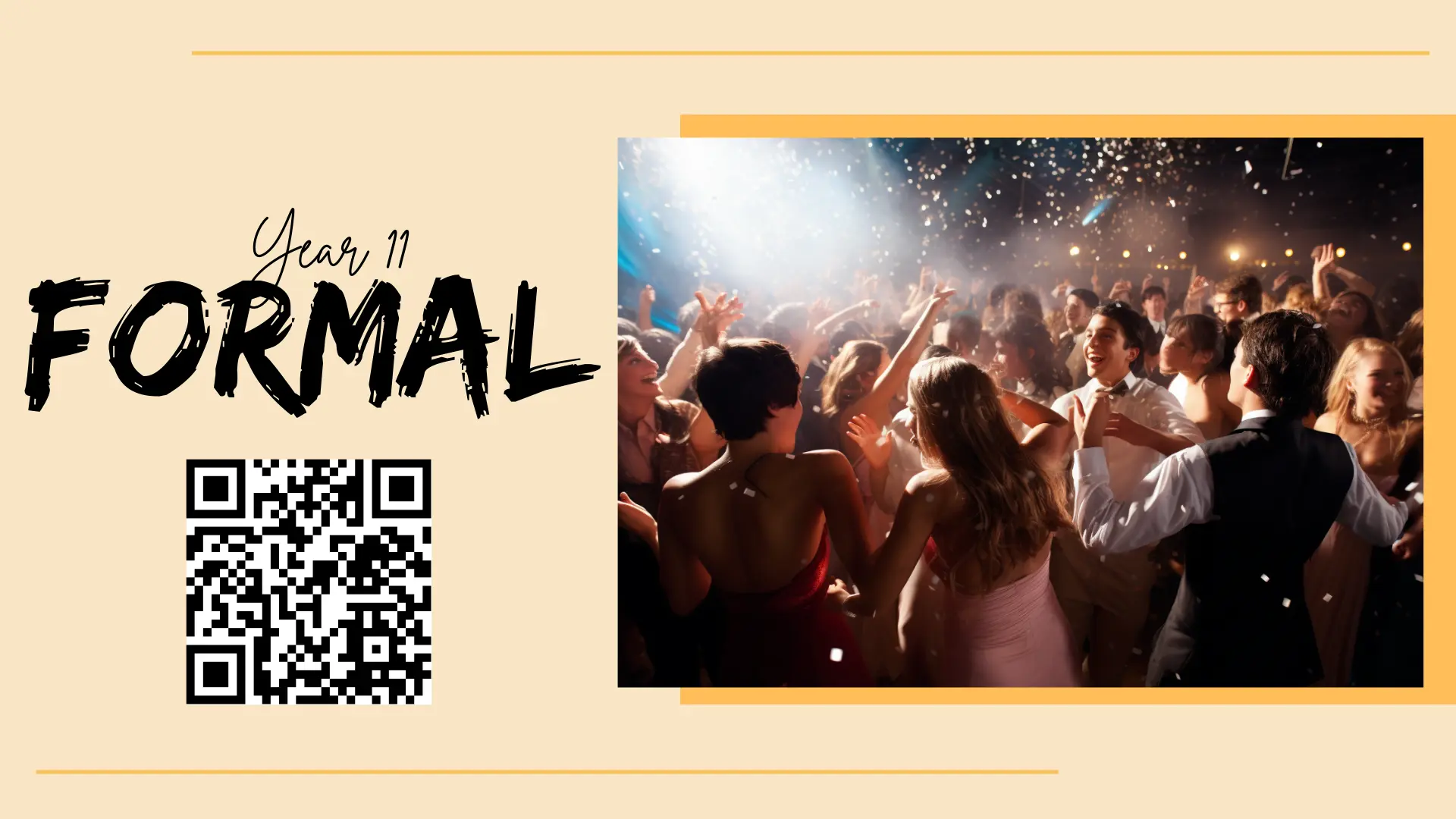
Promote The Formal:
Market the formal using various channels, including social media, posters, and announcements during school assemblies. Create a buzz and generate interest among the students.
Social Media Promotion: Create dedicated social media accounts or use existing school accounts to promote the formal event. Regularly post updates, announcements, and engaging content related to the event. Encourage students to share posts, use event-specific hashtags, and tag their friends to increase visibility.
Posters and Flyers: Design eye-catching posters and flyers to display around the school. Include essential details such as the date, venue, theme, ticketing information, and any special features of the event. You can use QR codes to allow students to purchase the tickets easier. Make sure you place them in prominent areas like notice boards, common areas, and classrooms.
School Assembly Announcements: Coordinate with school administrators to make announcements during assemblies or class meetings to inform students about the upcoming formal event. Emphasize key details, ticket sales information, and any important deadlines.
Formal Attire:
Communicate the dress code to attendees and provide guidelines on appropriate attire for the formal.
Dress Code Communication: Clearly outline the dress code expectations for the formal event. Specify whether it is a formal or semi-formal dress code, and if there are any specific requirements or themes to consider. Provide examples or visual references to help students understand the desired attire.
Appropriate Attire Guidelines: Offer guidelines on what is considered appropriate and suitable for the formal event. Emphasize modesty, avoiding overly revealing or offensive outfits. Include suggestions for appropriate hairstyles, accessories, and footwear.
Dress Code Reminders: Regularly remind students about the dress code in the weeks leading up to the formal event. Use school announcements, social media posts, and dedicated information sessions to ensure everyone is aware of the expectations.

Transport:
Arrange transportation options, such as buses or limousines, for students to travel to and from the venue safely.
Transportation Coordination: Determine the number of students attending the formal and arrange appropriate transportation. Consider booking buses to transport students from the school to the venue and back. Coordinate with your school and transportation providers to ensure reliable service and proper scheduling. You can use TryBooking to get students to book their spot on buses.
Safety and Supervision: Prioritise student safety during transportation. Ensure responsible adults or school staff are present on the buses to supervise and maintain order. Communicate guidelines and expectations for student behaviour during the transportation to promote a safe and enjoyable experience.
Alternative Transport Options: For students who may prefer alternative transport arrangements, provide guidelines on organising carpooling or arranging private transportation like taxis or ridesharing services. Encourage students to plan their transportation in advance to avoid any last-minute issues and use TryBooking to organise group funds for limos and other forms of transportation.
Pre-Formal Preparations:
Coordinate with the venue staff to set up decorations, tables, and any additional requirements in advance.
Schedule Meetings: Meet with the venue staff to discuss the setup details, including the placement of decorations, tables, and seating arrangements.
Provide Information: give the venue staff a detailed floor plan or diagram indicating the desired layout for the formal event.
Confirm the availability of necessary equipment: Such as audio-visual systems, microphones, and projectors, and ensure they are in working order.
Coordinate with decorators: ensure your decorators have access to the venue at the scheduled time for setting up the decorations.
Requirements and restrictions: communicate any specific requirements or restrictions to the venue staff, such as electrical outlets, hanging decorations, or any limitations on the use of certain areas.
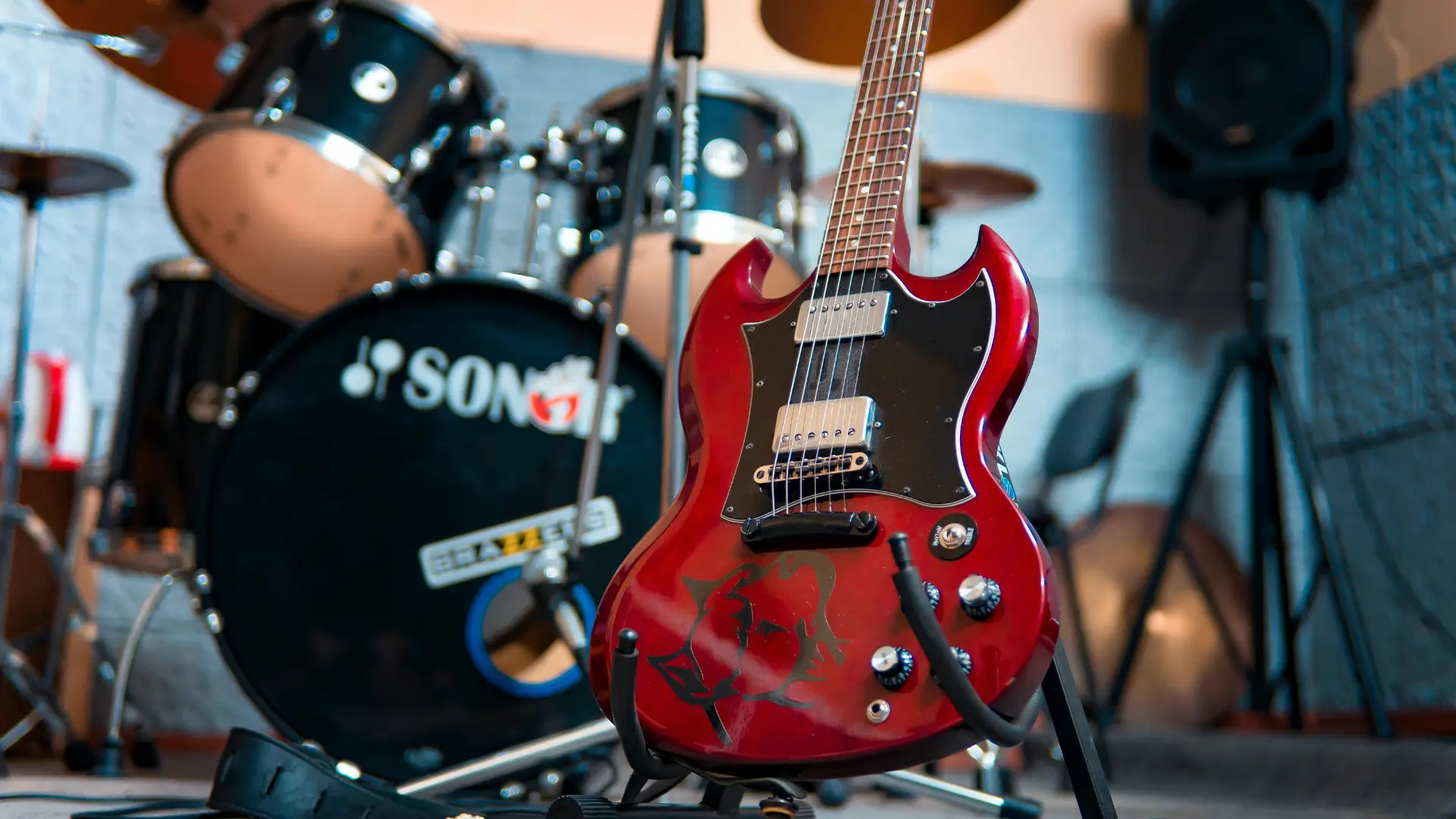
Run a Rehearsal:
Conduct a rehearsal for any performances, speeches, or special activities planned for the formal.
Schedule a rehearsal session: book them in well in advance of the formal event to allow participants to practice and become familiar with their roles.
Gather all participants: make sure you include performers, speakers, and those involved in any special activities, such as award presentations or group dances.
Allocate time: ensure each participant has time to run through their performance, speech, or activity and provide feedback and guidance where necessary.
Coordinate with technicians: ensure that the technical aspects like sound and lighting of the performances are properly rehearsed and tested.
Perfect Timing: Use the rehearsal as an opportunity to refine the timing, transitions, and coordination among different participants or groups.
Receive Feedback & Refine: Encourage participants to ask questions, address any concerns, and make any necessary adjustments to ensure a polished performance on the event night.
Day of Formal
Event Night Logistics:
Ensure a smooth flow of activities on the event night. Coordinate with venue staff, caterers, and entertainers to maintain a seamless experience.
Schedule: Create a detailed event schedule and share it with all relevant stakeholders, including venue staff, caterers, entertainers, committee members and volunteers.
Venue Setup: Coordinate with the venue staff to ensure that all necessary areas, such as the registration desk, cloakroom, and restrooms, are properly set up and easily accessible.
Delegate: Arrange for designated event coordinators or committee members to oversee different areas, such as registration, seating, and entertainment, to ensure smooth coordination.
Check With Catering: Liaise with caterers to ensure that food and beverages are served according to the agreed-upon schedule and that dietary restrictions or special requests are accommodated.
Keep On The Ball: Maintain open lines of communication with the venue staff throughout the formal night to address any unforeseen issues promptly and efficiently.

Security and Safety:
Prioritise the safety of attendees. Consider hiring security personnel or arranging for school staff members and parents to oversee the event.
Check Risks: Conduct a risk assessment of the venue and identify any potential hazards or security concerns.
Review Numbers: Determine the need for security personnel based on the size of the event and the venue's requirements.
Work With The School: Coordinate with the school administration to arrange for school staff members and parents to be present at the event and oversee security.
Communicate The Need For Safety: Clearly communicate safety guidelines to attendees, including rules regarding behavior, alcohol, and drugs, if applicable.
Be Prepped For The Worst: Establish a communication plan for emergencies and ensure that responsible individuals have access to emergency contact numbers.
Keep Everyone In The Loop: Coordinate with security personnel, venue management, and school staff to address any security issues or incidents promptly.
Post-Formal:
After-Event Clean Up:
Arrange for volunteers or a clean-up crew to tidy the venue after the formal, ensuring it is left in the same condition as when it was rented.
Build The Team: Arrange for a team of volunteers or a designated clean-up crew to be present after the formal event.
Be Clear: Provide clear instructions and assign specific tasks to ensure all areas of the venue are cleaned and restored to their original condition.
Coordinate Waste Removal: Arrange for the disposal of waste including proper recycling and removal of any decorations or materials used during the event.
Ask Venue: Coordinate with the venue management to determine any specific requirements or guidelines for post-event clean-up.
Thank The Team: Express gratitude to the volunteers or clean-up crew for their assistance in making sure the venue is left in a clean and orderly state.

Thank You Notes:
Show appreciation to all those involved, including the formal committee members, volunteers, teachers, venue and suppliers by sending thank-you notes or expressing gratitude in person.
Create Thank You Notes & Cards: Prepare thank-you notes or cards expressing appreciation to all those involved in the organisation and execution of the formal event.
Appreciate The Support: Express appreciation to teachers, parents, staff members, and administrators who provided support, guidance, and assistance throughout the planning process.
Personalise Your Thank You: Consider personalising the thank-you notes to make them more meaningful and heartfelt.
Pat Yourself On The Back: Thank the members of the formal committee for their hard work, dedication, and contributions to the event.
Final tip for your formal
In conclusion, planning a school formal can be a thrilling yet challenging endeavor. To ensure your formal runs smoothly and without a hitch, it's essential to have a trusted partner by your side.
At TryBooking, we take pride in being the go-to event platform for schools across Australia. Our exceptional customer support and in-depth knowledge of school events set us apart from the rest.
With TryBooking, you can count on a seamless booking experience, leaving you free to focus on creating unforgettable memories at your formal. Let us be your trusted ally in making your formal event a resounding success. Start managing your bookings today with TryBooking, the platform that understands school events like no other.
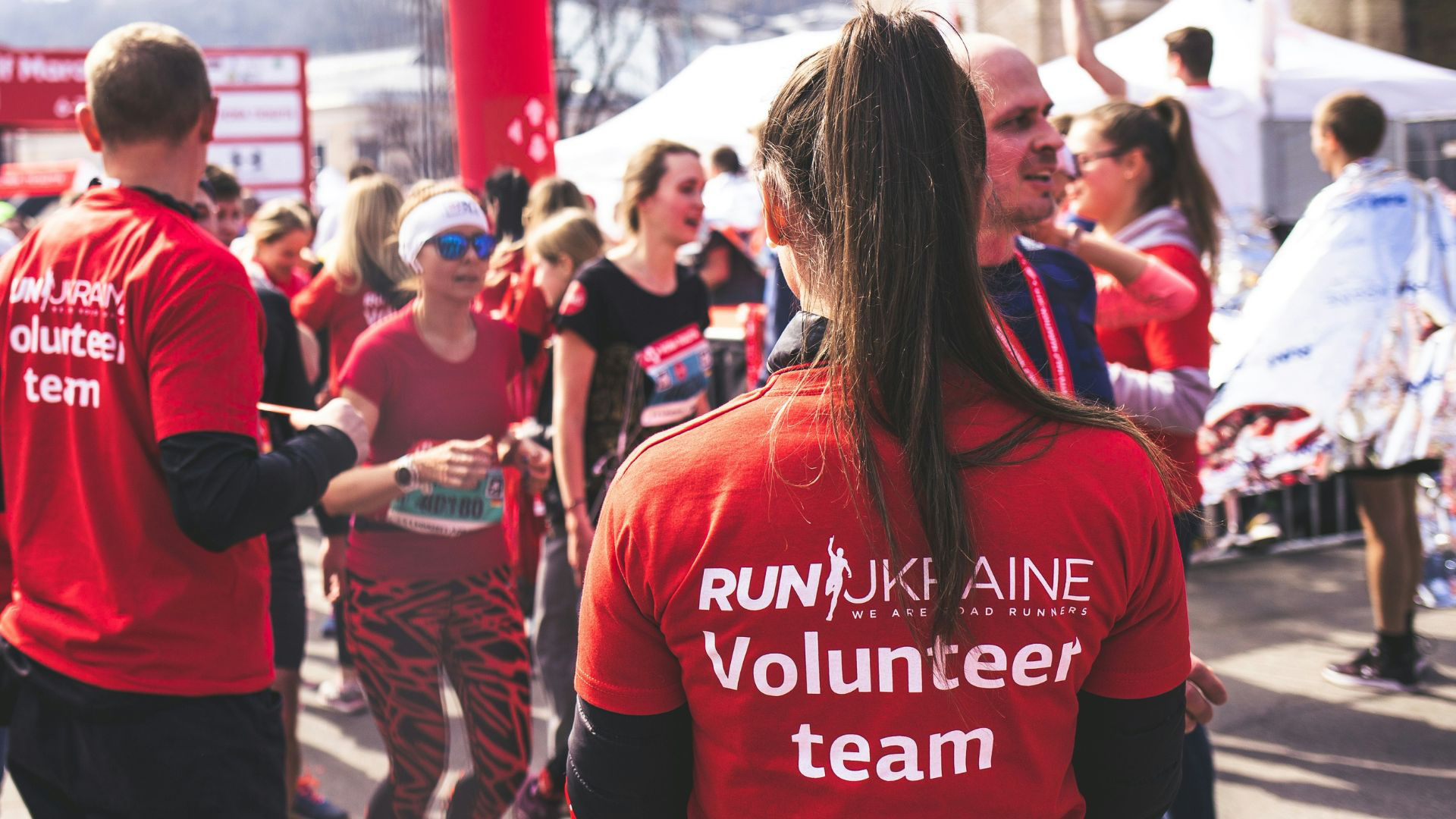
5 Creative Ideas to Celebrate National Volunteer Week
May 23, 2024 · 1 min read
How TryBooking Streamlines Ticket Sales for Congested Events
May 15, 2024 · 1 min read
You might also like

How to Guide: Take Payments For A Bake Sale With TryBooking
Mar 05, 2025 · 1 min read
Introducing TryBooking Box Office App Tap to Pay on phone
Apr 01, 2024 · 1 min read
How To Market Your Event In 2024
Jan 15, 2024 · 1 min read
How To Run An Event In 2024 - Everything You Need To Know
Jan 03, 2024 · 1 min read
How to boost your branded event page
Sep 29, 2023 · 1 min read
How To Write Event Invitations That Get Results
Sep 08, 2023 · 1 min read
125 Unique & Fun Event Ideas For Your Next Event
Mar 20, 2023 · 1 min read
How to Create an Event Program
Mar 13, 2023 · 1 min read
10 Corporate Event Ideas To Ignite Some Fun At Your Office Party
Mar 17, 2023 · 1 min read






